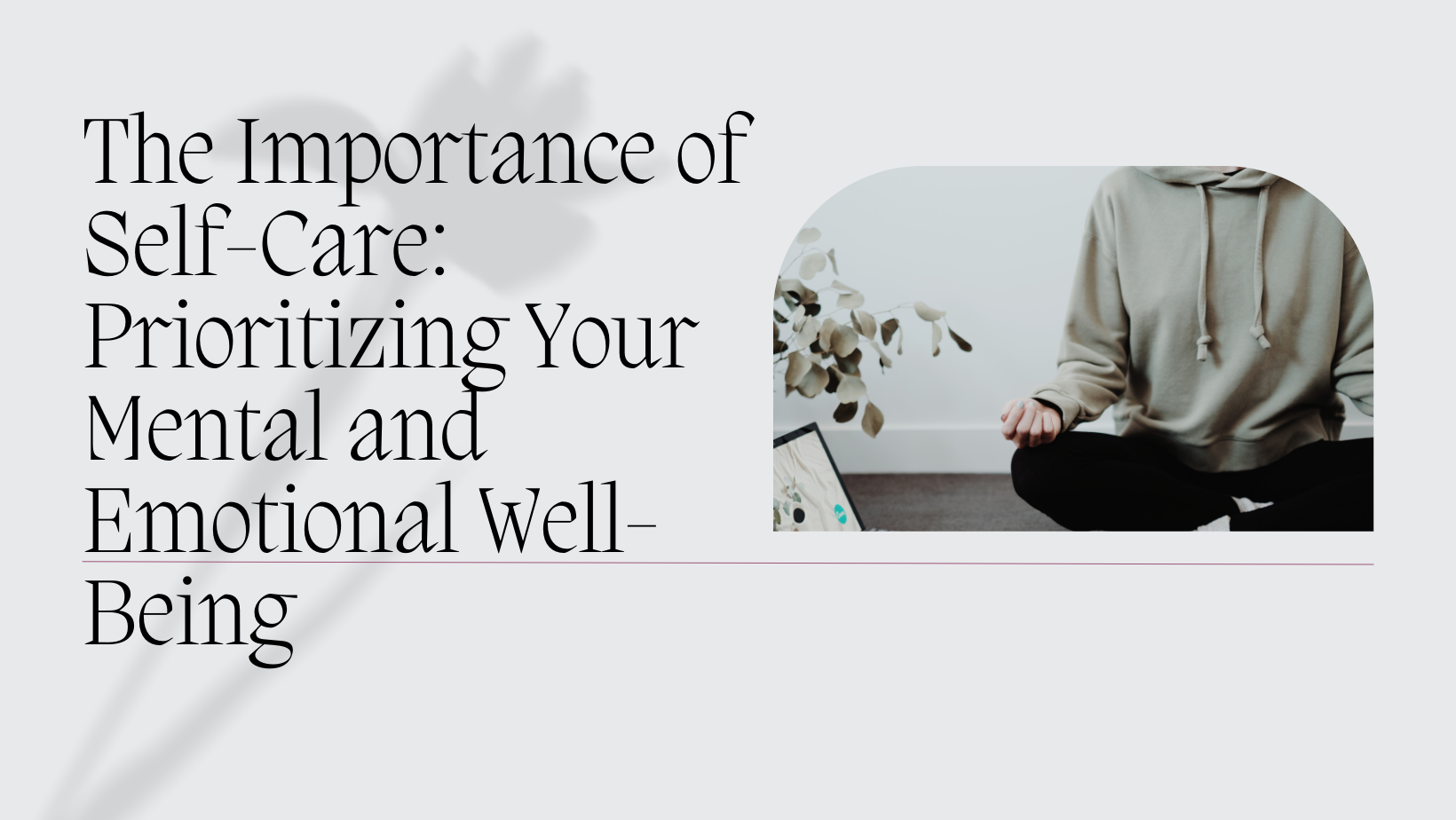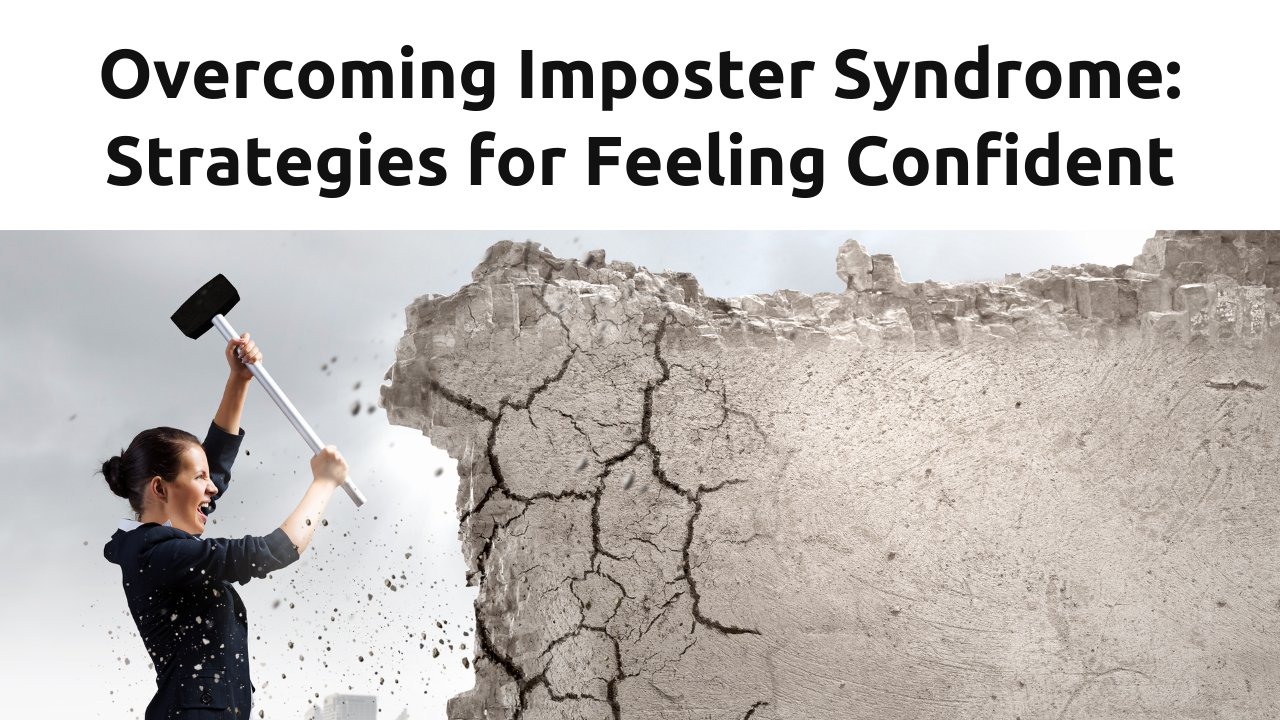Understanding Anxiety in the Modern Context
Before diving into coping mechanisms, it’s crucial to understand what anxiety is and how it manifests in today’s society. Anxiety, at its core, is a natural response to perceived threats. It’s an evolutionary tool that has helped humans survive. However, in the modern world, this response can be triggered by non-life-threatening situations, like work deadlines or social pressures.
The Digital Dilemma
One significant contributor to modern anxiety is our digital lifestyle. Social media, for instance, can create unrealistic expectations and a constant sense of FOMO (Fear of Missing Out). The 24/7 news cycle bombards us with information, much of it negative, which can exacerbate feelings of anxiety.
Strategies for Managing Anxiety
1. Mindfulness and Meditation
Mindfulness and meditation have been shown to be effective in reducing anxiety. These practices help you stay present and grounded, preventing you from getting lost in anxious thoughts about the past or future.
How to Practice:
- Mindfulness: This involves being fully present in the moment. Start by paying attention to your senses – what you see, hear, smell, taste, and feel.
- Meditation: Dedicate a few minutes each day to sit quietly and focus on your breath. When your mind wanders, gently bring your attention back to your breathing.
2. Cognitive Behavioral Techniques
Cognitive Behavioral Therapy (CBT) is a highly effective method for treating anxiety. It involves identifying and challenging negative thought patterns and replacing them with more realistic, positive ones.
Implementing CBT Strategies:
- Recognize Distorted Thoughts: Learn to identify and challenge thoughts that contribute to anxiety.
- Reframe Your Thinking: Replace negative thoughts with more balanced, rational ones.
3. Physical Wellness
Physical activity and a healthy diet play a crucial role in managing anxiety. Exercise releases endorphins, natural mood lifters, while a balanced diet can stabilize blood sugar levels, impacting mood and energy.
Tips for Physical Wellness:
- Regular Exercise: Aim for at least 30 minutes of moderate exercise most days of the week.
- Balanced Diet: Focus on whole foods, like fruits, vegetables, lean proteins, and whole grains.
4. Digital Detox
Reducing screen time, especially before bed, can significantly impact anxiety levels. The blue light from screens can disrupt sleep, while the content consumed can be a source of stress.
Implementing a Digital Detox:
- Set Screen Time Limits: Use apps to monitor and limit your daily screen time.
- Nighttime Routine: Avoid screens at least an hour before bed to improve sleep quality.
5. Building a Support Network
Having a strong support network is vital. This can include friends, family, or a professional therapist. Sharing your worries and concerns with others can provide relief and new perspectives.
Cultivating Your Network:
- Stay Connected: Regularly check in with friends and family.
- Professional Help: Consider therapy if your anxiety feels overwhelming.
Conclusion
Anxiety in today’s high-speed world is a challenge, but it’s not insurmountable. By understanding the roots of your anxiety and implementing these practical strategies, you can find your way back to calm and focus. Remember, it’s about progress, not perfection. Start small, be consistent, and be kind to yourself on this journey.



